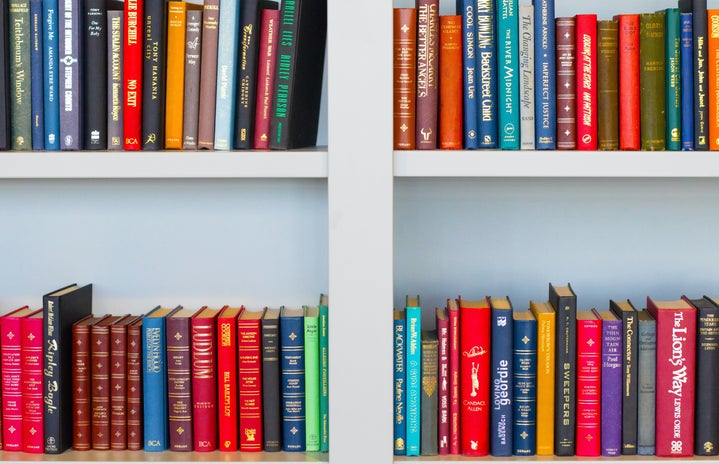Warning: This article, or pages it links to, contains sensitive information which may be upsetting to some readers.
On October 10th, my friend and I were lucky enough to score tickets for An Evening with Stacey Dooley at Manchester Opera House. During the event she discussed her journey getting into the documentary-making business and talked about her favourite, scariest, most heartwarming and overwhelming documentaries she’s made.
Stacey was hosting a free book signing following the event so we bought a copy and jumped into the queue for the opportunity to meet a woman who’s work I admire so much. She was super welcoming – we said hello, she gave me a quick word of advice and we posed for a photo. I’d bought the book on a quick whim to meet its author. Little did I know that it would be one of the most inspiring things I’ve ever read.
The book starts with Stacey’s story of how she got into making documentaries. She grew up in Luton and worked at the city’s airport before applying to appear in a BBC3 documentary about the fashion industry in India. After impressing bosses at the corporation, she was picked up as a regular presenter and has been making her own documentaries ever since. More recently, she has began narrating them too.
The book is split into multiple chapters; each focusing on different women from around the world and on her previous documentaries. Topics range from the Yazidi women fighting ISIS, to Femicide in Honduras, to child abuse in the Philippines. Most of these documentaries are available to watch on BBC iPlayer.
Many of the stories are extremely inspiring, showing how women have fought through their hardships, taking matters into their own hands and taking charge. Yet a lot deal with incredibly sensitive matters and can be difficult to read. Stories of child exploitation in the Philippines are particularly disturbing.
It’s amazing to think that Stacey has been able to go and meet all of these people in real life, in which she puts herself in potentially very dangerous situations. In her documentary that focuses on the lives of the Yazidi women fighting ISIS, she physically goes onto the front line with them.
However, the chapter that stuck out to me the most focused on women in prison. It was one of Stacey’s first documentaries during which she spent time with dangerous women who had committed serious crimes in the US. Her ability to build relationships with women who appear to have hard exteriors is amazing. She almost becomes their friends and by the end of the chapter, you begin to feel sorry for many of the women she meets.
The book concludes with Stacey discussing how, as women, we need to keep fighting. We cannot accept the horrible things that happen to women across the world. She especially highlights the importance of using social media to raise awareness and highlight the unbelievable work of women such as those mentioned in the book.
I can’t recommend On the Front Line with the Women Who Fight Back enough. It’s not a particularly hard read and so easy to get stuck into. You won’t want to stop reading it and along the way, will become inspired by the incredible work of women around the world.


